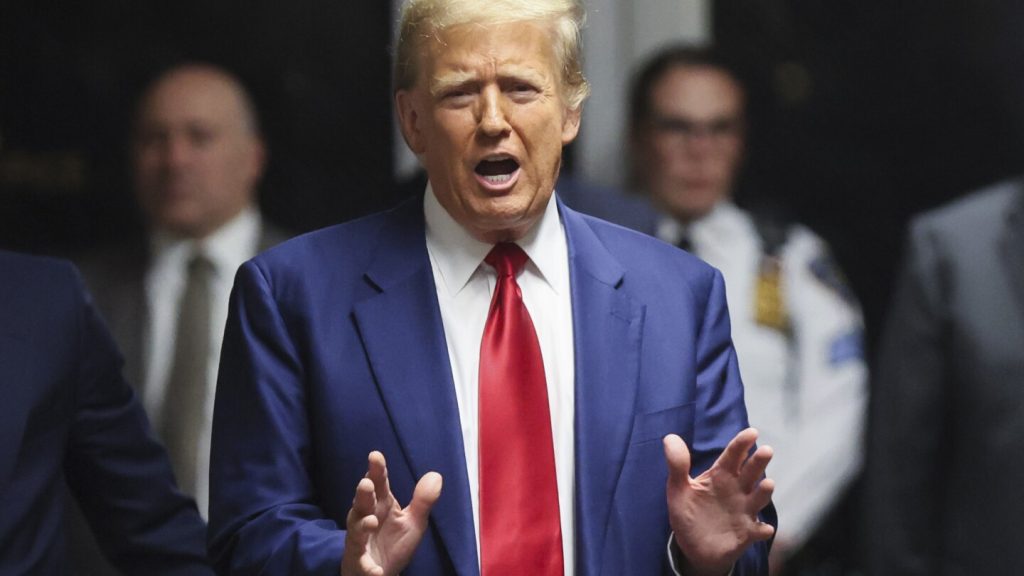A judge in New York has rejected Donald Trump’s request to delay his hush money criminal trial until the Supreme Court rules on presidential immunity claims he raised in another case. The judge declared the request untimely, citing Trump’s lawyers’ numerous missed opportunities to raise the issue earlier. Trump’s lawyers had asked the judge to adjourn the trial indefinitely until his immunity claim in his Washington case is resolved, but the judge ruled against this request.
The hush money case alleges that Trump falsified his company’s internal records to hide payments to his former lawyer, Michael Cohen, who helped suppress negative stories during Trump’s 2016 campaign. Trump has denied having a sexual encounter with Stormy Daniels, a porn actor whom Cohen paid to keep quiet about her claims. Trump’s lawyers have argued that the payments were legal expenses and not part of a cover-up. The trial, the first of four criminal cases against Trump, was originally scheduled to start on March 25 but was postponed to April 15 due to last-minute document disclosures.
Trump and his lawyers have been pushing for more delays in the trial, questioning the judge’s impartiality and raising concerns about getting a fair trial in Manhattan. They have also argued for an indefinite delay until media coverage of the case decreases. Prosecutors have pushed back against these delays, stating that the trial should proceed as planned with a jury selection process designed to ensure impartiality. The implications of Trump’s immunity claim in the Washington case and the evidence related to his actions as president in the hush money case are being closely examined.
The immunity issue raised by Trump in his cases is legally untested, with prosecutors arguing that no such immunity exists for former presidents. The trial judge in Washington and a federal appeals court have both ruled against Trump’s immunity claims in that case. In the hush money case, Trump has not raised immunity as a defense but has argued that certain evidence related to his time as president should be excluded. The judge in New York has differentiated between the two cases and ruled against delaying the trial further based on Trump’s immunity claim.
Throughout the legal proceedings, Trump and his lawyers have continued to lobby for delays and raise objections to various aspects of the trial process. Trump’s lawyers have also argued that the media coverage of the trial is prejudicial and should be a reason for further delay. However, prosecutors have stated that the trial should move forward and that both sides will have the opportunity to select an impartial jury. The judge’s ruling against delaying the trial underscores the need to address the legal issues at hand and proceed with the scheduled proceedings.


